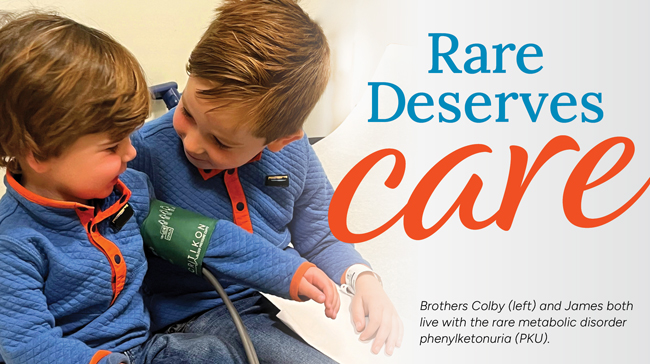It’s truly amazing to hear everyone’s unique personal story on why medical research is important to them. Whether it’s a parent whose son or daughter is living with a rare disease, a grandparent who has an incurable degenerative disease or a wife or husband whose spouse is battling cancer, everyone’s life in one way or another has been touched by a serious disease without a cure.
This fact makes the following statistics even more baffling. Over the last ten years, the National Institutes of Health (NIH) has received stagnant funding, resulting in the NIH losing nearly 25% of its purchasing power to inflation. Budget cuts in 2013 resulted in 750 fewer patients admitted to the NIH Clinical Center, and 640 fewer competitive grants were awarded. These trends are forcing young researchers to rethink their career path in the U.S. After all, the NIH can only accept one-sixth of grant applications due to funding shortfalls, compared to one-third of applications before this downward trend started.
The importance of NIH research cannot be overstated. NIH research benefits the economy, as every dollar in NIH funding results in $2.21 in local economic growth. The NIH supports over 400,000 jobs across the U.S., generating nearly $60 billion in new economic activity. The U.S. has gained one year of life expectancy for every 6 years since 1990, due largely to NIH research. In economic terms, this increased life expectancy can be valued at $95 trillion from 1970 to 2000. Finally, NIH research on cancer, heart disease, stroke, and diabetes prevents approximately 1.35 million deaths annually.
Armed with these economic and healthcare statistics, coupled with the power of patient stories, I was blessed to be able to participate in the Rally for Medical Research Hill Day on Thursday, September 18th. Partnered with amazing advocates, patients, and patient families, we were able to meet with hundreds of Congressmen advocating for increased funding for the NIH. After this truly inspirational day, I believe we can make a difference the next time Congress revisits NIH funding. (The next continuing resolution [CR] will need to be passed by December 11th).
But we need your help. If you were not able to join us that day as we met with Congressmen, you can still make a difference. Send a letter to your Senator and/or Representative at this link and tell them why NIH research is important to you. Finally, with only a little over a month until the election, ask your candidates what they will do about NIH funding. Visit Research! America’s “Ask Your Candidate” page to ask your candidates what they will do about NIH funding.
Medical research should be everyone’s priority. It’s time for all of us to share our story with Congress on why medical research is important to us.



